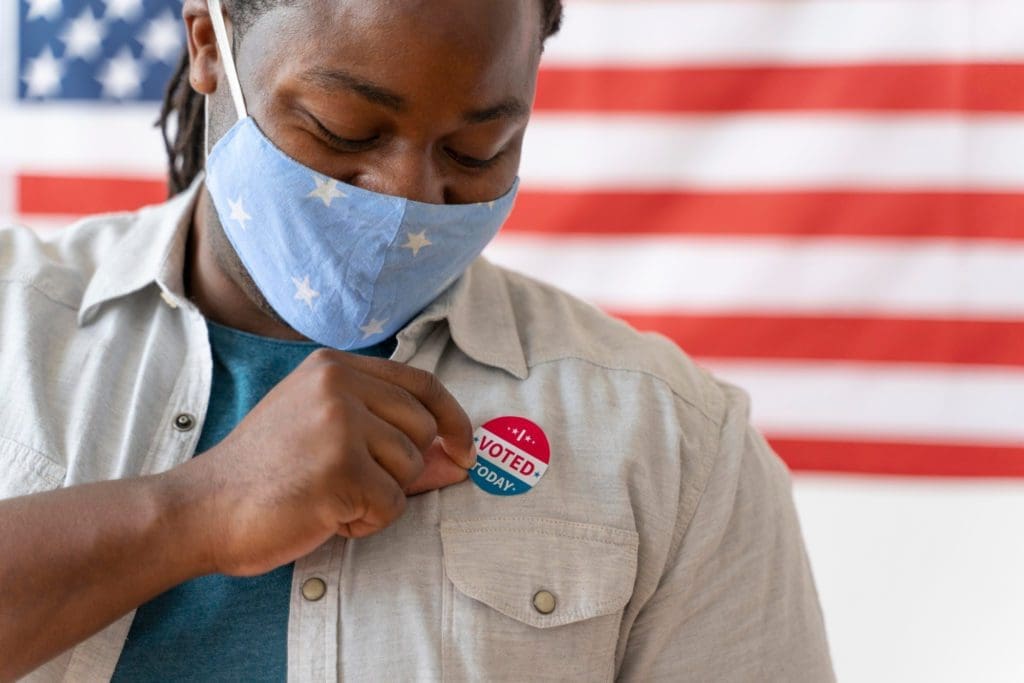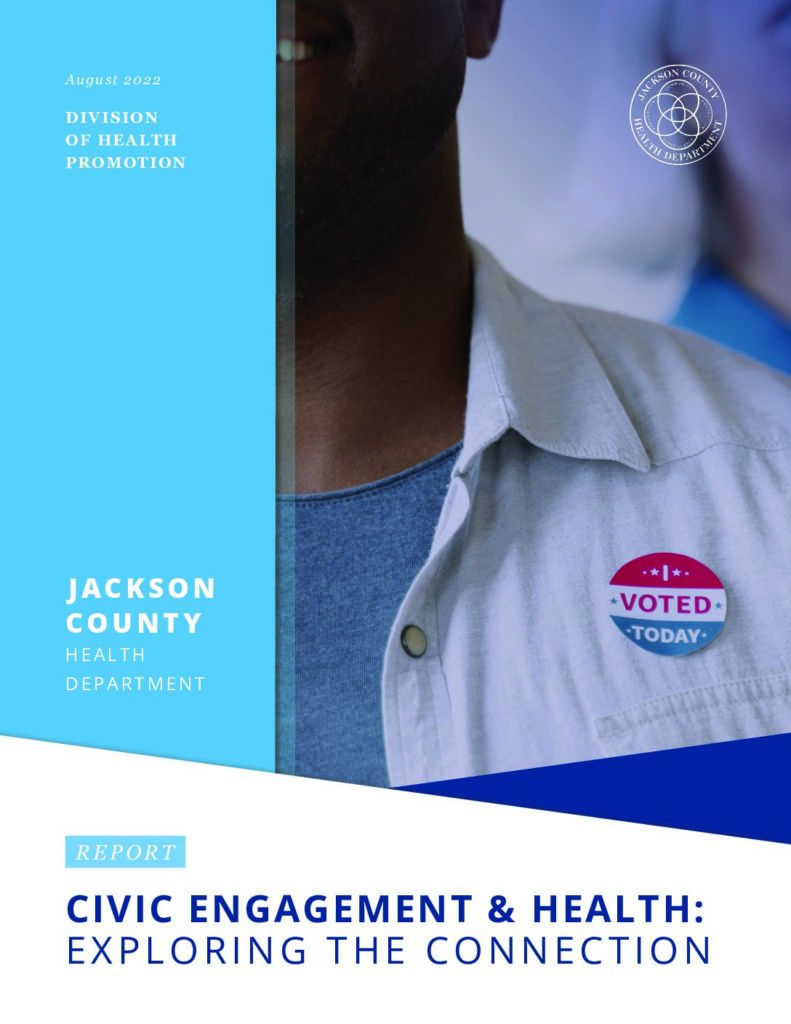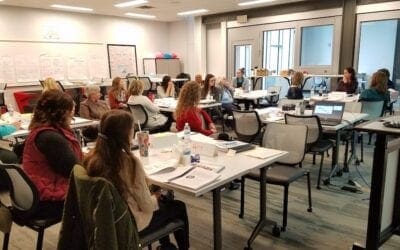How Public Health Impacts Voting in Missouri

Update as of February 2024: We are proud to be an official voter registration site for Jackson County residents! Simply ask our staff for a voter registration card at your next visit. View upcoming deadlines and check your current registration status.
This blog was originally published on October 6, 2022.
What makes one person more likely to vote than another? Your first thought might be differences in age, education, or income, all typically considered important influences on voting behavior. But one factor often goes overlooked: your health.
Even when controlling for other variables, research shows that those who report better health are more likely to vote. This relationship has been found across the US and around the world.
The inverse is also true: a recent national analysis by Healthy Democracy, Healthy People found that states with more inclusive voting policies and higher levels of voter turnout also enjoyed better health outcomes. Research has shown that those in poor or fair health are more likely to support public health policies, such as reducing pollution, improving housing quality, or increasing health insurance coverage. In places where people in poor health are consistently voting less often, their voices may not be as well-represented.
Jackson County Public Health released a report in August 2022 exploring how this relationship between voting and health impacts counties across Missouri. In our report, we examined how public health indicators compared to voter turnout in the 2020 presidential election. We found that counties with more residents reporting fair or poor health status had lower voter turnout than counties with fewer people reporting fair or poor health.
Specifically: Missouri counties with a higher-than-average percent of residents in poor health had an average voter turnout rate of 60.77%. Counties with a lower-than-average percent of people reporting poor health had an average voter turnout rate of 64.98% — about a 4.2% difference. In Jackson County, that represents a difference of 10,000 voters.
Even when controlling for other demographic factors (such as age, race, and education level), self-reported health status was still a statistically significant predictor of a county’s voter turnout in the 2020 general election.
These results confirm the relationship between health and voter turnout at the county level in Missouri. They also point to the importance of civic engagement when it comes to community health. Policies that expand voter access (such as automatic voter registration, same-day registration, and no-excuse absentee or mail-in voting) could help increase voter turnout in populations that are less likely to vote due to physical barriers or time constraints.
By making voting more accessible for Missourians with health difficulties, we can ensure that their voices and needs are heard in our communities, both during election season and all year round.
To learn more about the relationship between health and voting — and to see our full analysis of Missouri counties — read our full report.
Archives
- February 2026 (1)
- December 2025 (1)
- November 2025 (2)
- September 2025 (1)
- July 2025 (2)
- June 2025 (3)
- April 2025 (2)
- January 2025 (2)
- December 2024 (1)
- September 2024 (2)
- August 2024 (2)
- July 2024 (1)
- June 2024 (1)
- February 2024 (1)
- July 2023 (1)
- March 2023 (1)
- October 2022 (1)
- September 2022 (1)
- August 2022 (1)
- July 2022 (2)
- June 2022 (2)
- May 2022 (1)
- April 2022 (4)
- March 2022 (1)
- February 2022 (1)
- January 2022 (1)
- December 2021 (4)
- November 2021 (3)
- September 2021 (2)
- August 2021 (3)
- July 2021 (2)
- June 2021 (1)
- May 2021 (2)
- March 2021 (1)
- December 2020 (6)
- November 2020 (8)
- October 2020 (4)
- September 2020 (7)
- August 2020 (3)
- July 2020 (11)
- May 2020 (2)
- April 2020 (4)
- March 2020 (1)
Categories
- Communicable Disease (5)
- Clinical Services (19)
- Clinical Servcies (1)
- Health Promotions (74)
- Emergency Preparedness (8)






